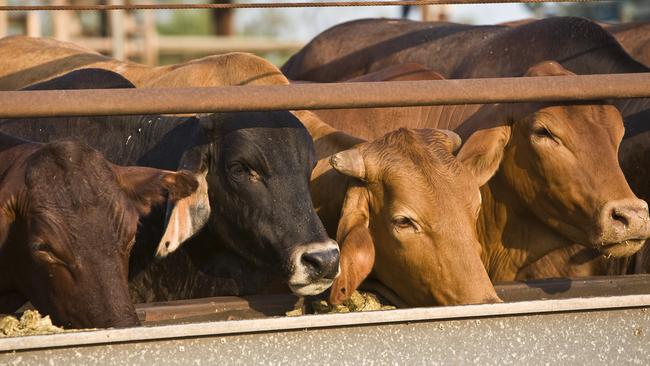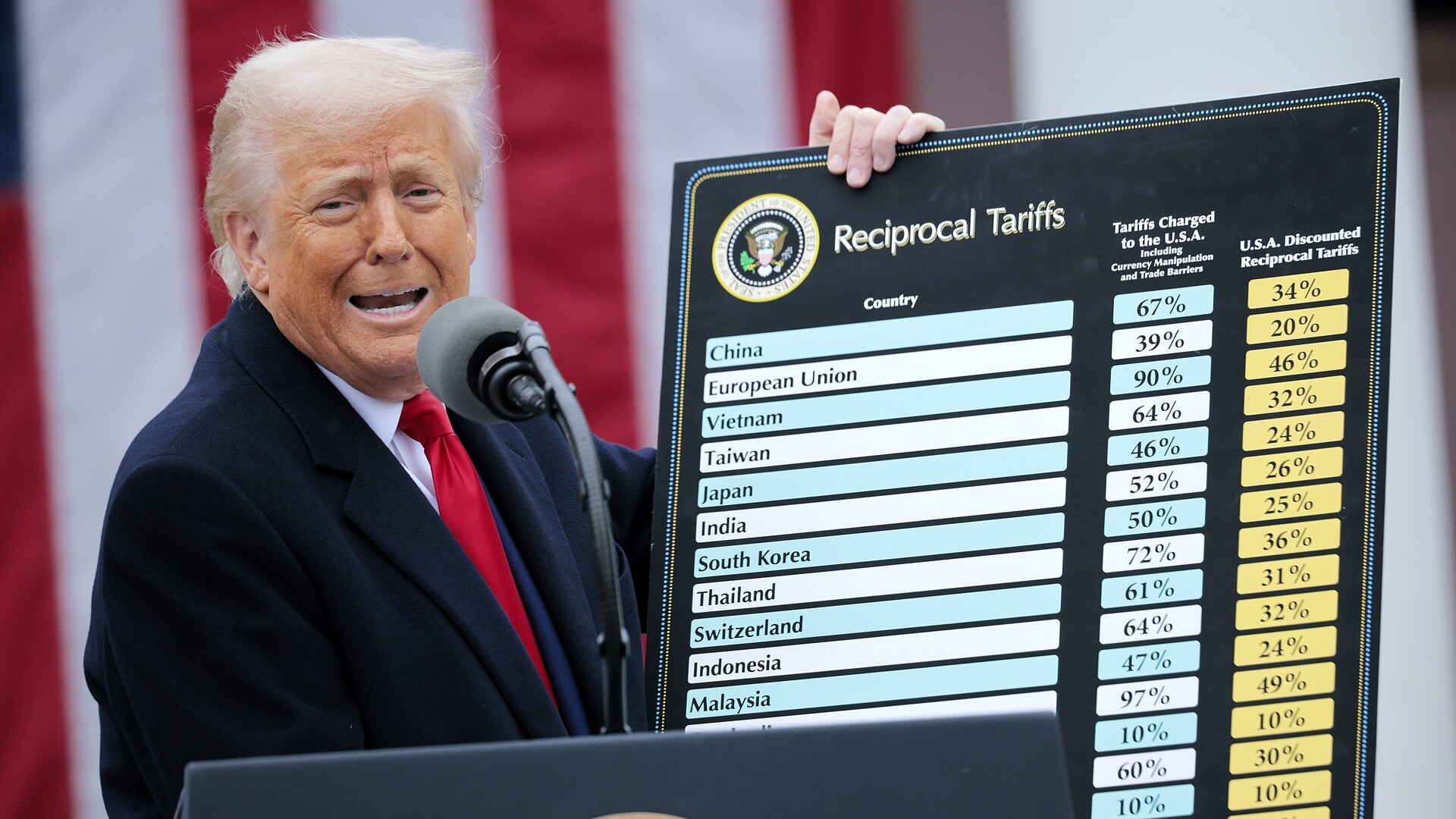
Indonesia is a notoriously difficult place to do business.
That is not a fashionable thing to say in Australia, as the Albanese government pushes for more trade and investment in our most important near neighbour, but it is important to note as Donald Trump continues to call out alleged trade sins across the region.
Regulations seem to change on a whim in Indonesia, legislation can be a matter of opinion, and some business restrictions can feel downright pernicious if not totally arbitrary.
Take Apple’s recent experience. The Indonesian government banned the sale of the new iPhone 16 last year until it agreed to invest $US1bn ($1.67bn) in the country.
When Apple relented, it was told $US1bn was not enough and it would need to do better.
Few will shed tears for a global tech giant. But such stories are commonplace across the foreign trade and investment community in Indonesia – a country with some of the region’s most restrictive non-tariff barriers – and plenty of Australian businesses have their own sorry tales to tell.
While the Trump administration is hardly a bastion of sound economic reasoning, its US Trade Representative Office may just have done Australia a favour by calling out some of Jakarta’s more tormenting regulations.
In its rap sheet of Indonesian trade sins, the USTR singles out strict local content mandates and halal laws that require even transporters of halal products to meet halal rules.
It takes aim at export earnings regulations requiring all money earned from exports to remain in bank accounts in Indonesia for 12 months – rules that disproportionately impact the mining, agricultural and palm oil sectors.
Exporters had been required to keep 30 per cent of their earnings in Indonesia for three months but, incredibly, the Prabowo government lifted that to 100 per cent just weeks before the US tariffs were due to be announced. It’s hard not to conclude that Jakarta, facing US tariffs of 32 per cent, put a target on its own back.

At a media briefing this week, President Prabowo Subianto and his respected Finance Minister, Sri Mulyani, sought to calm the markets and a jittery public by promising to address US concerns over non-tariff barriers.
Implementing regulations issued in the wake of a presidential decree that are often stricter than the decree itself will be binned.
Local content laws will be reviewed, as will quotas, Mr Prabowo promised.
“Anyone who wants to import meat, go ahead. What do you want to import? Just go ahead and open it up. No need for quotas,” the President said in comments the foreign investment community – Australian beef exporters included – are now desperately trying to parse.
“Quarantine shouldn’t taken too long – just open it up quickly,” he said, adding Jakarta would be “more flexible” on mergers and acquisitions, and “harmonise tax and customs policies to ensue better alignment”.
None of these things is guaranteed to help Australia, which spent years negotiating a trade deal with Indonesia only for both sides to struggle to put meat on its bones, if they apply only to the US. But there is an opportunity to convince Indonesia – which badly needs to diversify its markets away from the US – to extend any trade concessions to Australia.
A strong case will need to be made – and quickly – that it is in their interests to do so.





